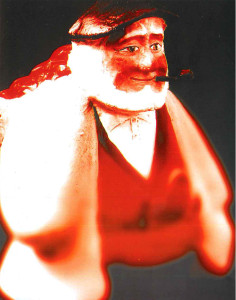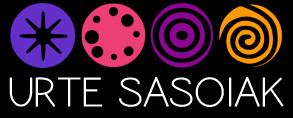
 Amongst the events and traditional celebrations taking place during the winter solstice, those associated to the New Year enjoy a remarkable degree of popularity.
Amongst the events and traditional celebrations taking place during the winter solstice, those associated to the New Year enjoy a remarkable degree of popularity.
Although they were more deeply-rooted in the old times, they still keep some of their strength in our culture. The almsgiving rounds of youth and children stand out amongst all seasonal events celebrated in the whole of the Basque Country at Christmas, New Year and Epiphany.
It is worth mentioning the fact that as well as those practices which bring front and center the religious theme, there are many other ancestral rituals defined within the context of the family, the house and the neighbourhood. The songs and customs originated in secular settings focused on themes such as water, fire and various other elements of Nature worshipped by our ancestors.
In Central and Western Europe, Yuletide Christian songs have been well preserved and the welfare of the tradition is now in the hands of small local musical ensembles and choirs.
The winter cycle celebrations do not finish here, though. The Carnival festive season comes after, depending each year on the Lenten period of the liturgical year calendar.
Carnival celebrations accross the length and breath of our country present certain similar elements. Carnival time refers to the festive season which occurs immediately before Lent, starting around February and carrying on until springtime. Nevertheless, we shall devote another booklet within the Urte-sasoiak collection for an in-depth study of the subject.


